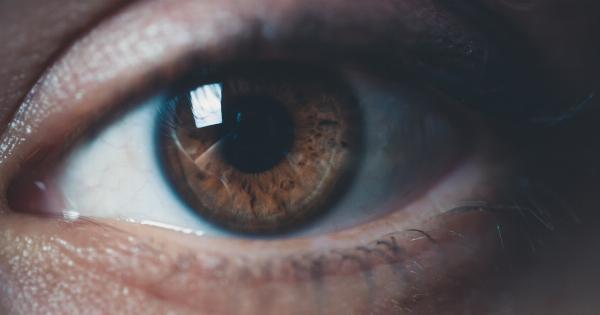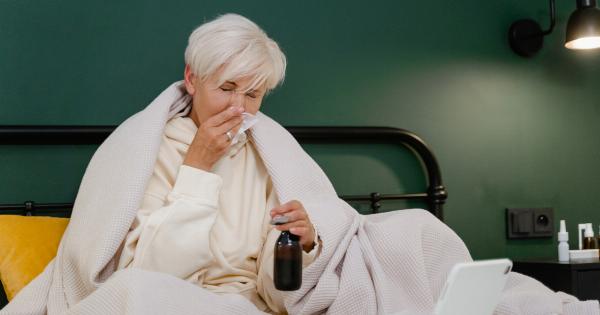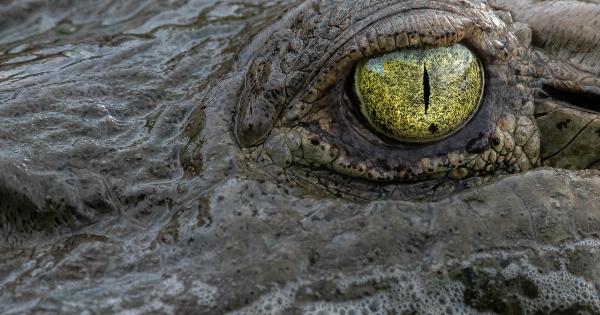Winter season is always associated with cold winds, snow, and discomforts, but did you know it is also associated with a common eye condition called dry eyes? Dry eyes is a condition that happens when there is not enough lubrication on the surface of the eye, leading to discomfort, irritation, and sometimes vision problems. During winter, the cold and dry air outside, heating systems inside, and low humidity levels can all contribute to dry eyes. In this article, we will explore dry eyes in winter season and how to prevent and manage it.
What Are the Symptoms of Dry Eyes?
Dry eyes symptoms can vary from mild to severe, and they can include:.
- Stinging, burning, or scratchy sensation in your eyes
- Redness and irritated eyes
- Sensitivity to light
- Blurred vision or eye fatigue
- Watery eyes or excessive tearing (this may sound counterintuitive, but it is the eyes’ response to dryness)
If you experience any of these symptoms, especially during winter, it is essential to consult an eye doctor. They can diagnose the cause of your dry eyes and recommend the appropriate treatment.
What Causes Dry Eyes in Winter Season?
As mentioned earlier, winter season can contribute to dry eyes in multiple ways:.
-
Cold and Dry Air Outside
The cold wind outside can cause the tears in your eyes to evaporate quickly, leaving your eyes dry. The wind can also irritate the surface of your eyes and make them more susceptible to dryness.
Wearing sunglasses can help protect your eyes from wind and UV rays.
-
Heating Systems Inside
The indoor heating systems that keep us warm in winter can also dry the air in our homes, leading to dry eyes. Consider using a humidifier to add moisture to the air or placing a bowl of water near the heating source to increase humidity levels.
-
Low Humidity Levels
The humidity levels drop significantly during winter, making the air dry and harsh for your eyes. This can cause tears to evaporate and the eyes to become dry.
Keep your eyes moist by drinking enough fluids, using eye drops, or using a warm compress to unclog your tear glands.
Tips to Prevent Dry Eyes in Winter
Preventing dry eyes in winter is all about keeping your eyes from drying out. Here are some tips:.
- Wear sunglasses or goggles when going outside to protect your eyes from wind and UV rays.
- Use a humidifier to add moisture to the air indoors.
- Drink plenty of fluids to keep your body hydrated.
- Use eye drops or lubricating ointments to keep your eyes moist.
- Avoid rubbing your eyes, as it can irritate them and make them drier.
- Blink more often, especially when staring at a computer or phone screen, to help spread the tears evenly.
- Avoid smoking, as it can irritate your eyes and worsen dryness.
Treatment for Dry Eyes in Winter
If you are already suffering from dry eyes, here are some treatments that may help:.
- Artificial Tears – Over-the-counter eye drops that lubricate your eyes and relieve dryness.
- Prescription Eye Drops – If over-the-counter eye drops do not work, your doctor may prescribe stronger eye drops to reduce inflammation or promote tear production.
- Punctal Plugs – A small and painless device inserted in your tear duct to block tears from draining too quickly from your eyes. This helps keep your eyes moist for longer.
- Eye Inserts – Small, dissolvable inserts placed in the lower eyelid to release lubricating material throughout the day. They are a long-term solution for dry eyes.
When to See an Eye Doctor
If your dry eyes persist even after following the above tips or if you experience severe symptoms like vision loss or eye pain, time to consult an eye doctor.
They can help diagnose the underlying condition that may be causing dry eyes and provide treatment accordingly.
Conclusion
Dry eyes can be uncomfortable and painful. While winter season can make them worse, taking preventive measures can help alleviate the symptoms and keep your eyes moist.
Drinking plenty of fluids, using eye drops, blinking more often, and wearing sunglasses are some effective ways to keep your eyes healthy during winter. If you experience any dry eyes symptoms, be sure to consult an eye doctor to receive the appropriate treatment timely.





























